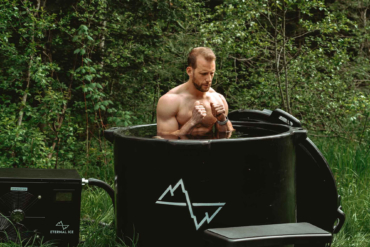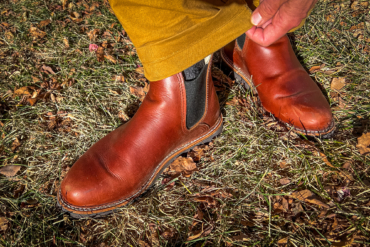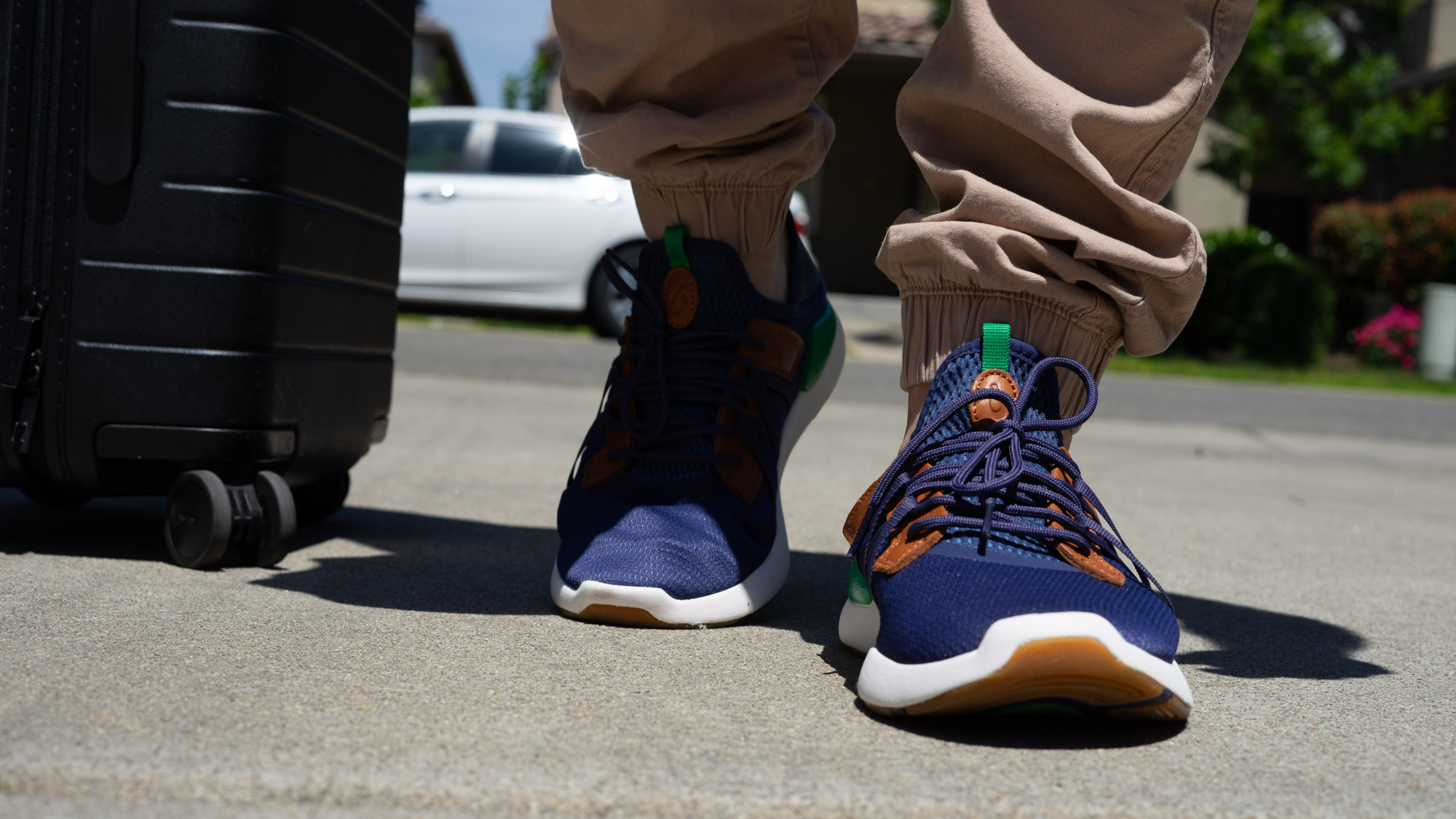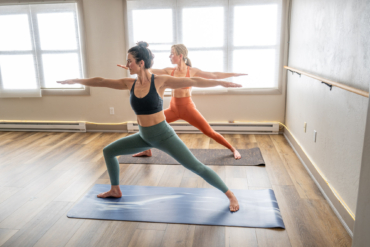News sources are reporting that the controversial Nike Vaporfly is indeed an unfair advantage to runners.
A Nike shoe that may make you run faster has sparked a huge controversy in the running world. A potential ban on the Nike Vaporfly and Alphafly running shoe models is being considered, reported The Sun, The Guardian, and The New York Times.
World Athletics, the governing body for professional-level athletics including track and road running, believes the shoe may give athletes an unfair boost in performance.
However, World Athletics has not confirmed anything regarding the rumored ban. So we’re taking a closer look at the shoe and the controversy around it.
The Nike Vaporfly
The Nike Vaporfly is an ultralight, high-performance, long-distance running shoe. The shoe has been proven to aid runners’ performance, specifically when pushing off the ground. It’s got a lot going for it, so much so that it made our list for Gear of the Year.
The shoes in question have a unique construction, specifically in the upper and sole.
The upper is a new fabric proprietary to Nike called VaporWeave (or VaporKnit in some models) that is so lightweight and thin it’s translucent. Less upper means Nike could add more of its springy foam to the shoe’s sole.

The sole is foam with an interior full-foot-length carbon fiber plate in the midsole, which Nike says “helps prevent energy loss in toe bends.” Simply put, less upper fabric makes room for more material in the sole without adding weight to the shoe, and a thicker sole produces more spring. The Nike Vaporfly 4% shoe weighs under 7 ounces.
The New York Times found in its study that a runner wearing either the Zoom Vaporfly 4% or NEXT% models ran 2-5% faster than a runner in other shoes. (The data was compiled from millions of races between 2014 and 2019.) The controversial news surrounds Nike’s ZoomX Vaporfly NEXT%, 4%, and Hybrid shoe models.
It’s important to note that other brands have similar shoe models like the HOKA ONE ONE Carbon X, but data on these shoes’ performance has not been gathered. Other brands also plan to launch similar shoes in the future.
The Controversy
Both Eliud Kipchoge, who set a record running the first sub-2-hour marathon, and Brigid Kosgei, who set a new women’s world marathon record, wore the Vaporfly shoes in their record-breaking races.
Rhonex Kipruto, who set a new world record for the 10K distance this weekend, did not run in the famed Vaporflys, but instead in adidas Takumi Sen racing shoes.
The shoes have been a topic of controversy since October of last year. Some runners have expressed seeing improvement in their speed. Lots of runners argue that the shoes help improve performance in races hands down. As Eliud Kipchoge argued, though, the shoes are just the next step in technology, and the ban shouldn’t apply.
Current World Athletics regulations state that shoes used by athletes “must not be constructed so as to give athletes any unfair assistance or advantage.”
There is no decision yet on whether World Athletics will follow through with a ban on the shoes. While many media outlets are reporting on the ban, none have cited sources within World Athletics or Nike.
So will officials put a ban in place? And if they do, what specifically will they outlaw? As in any realm of competition, brands and athletes will push the allowable limits, so very clear parameters need to be set.
If World Athletics does ban the shoes, recent records set in the Vaporfly could be in jeopardy. But until then, Kipchoge and Kosgei’s world marathon records will stand.







